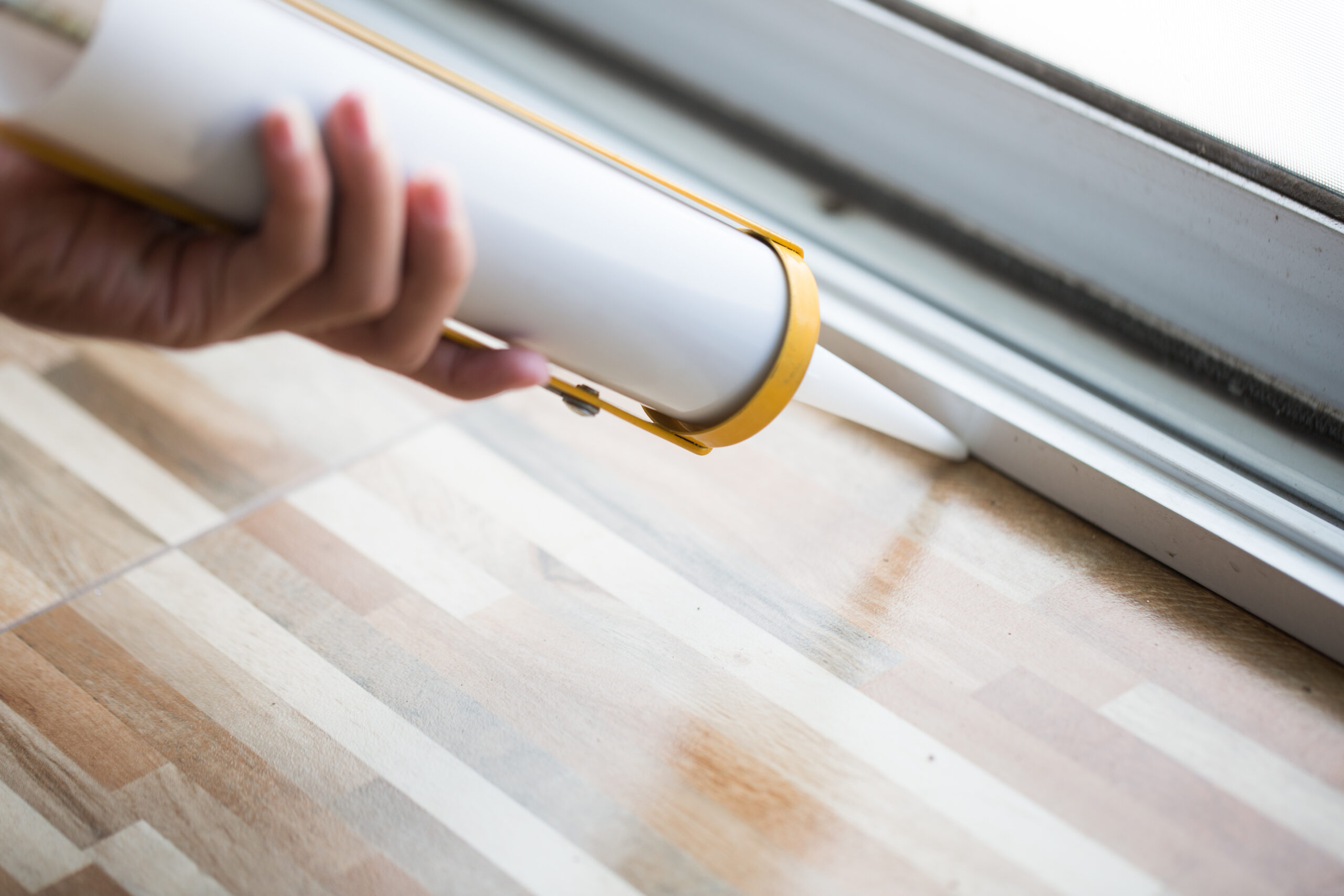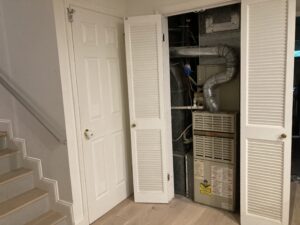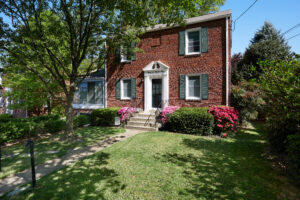Did you know that home heating and cooling accounts for, on average, 50 percent of U.S. household electricity bills? That means that those leaky doors and windows are (channeling stern parent voice) throwing money out the door. But new windows can be expensive and older houses especially can be leaky. So where does that leave people who are eager to increase their personal energy efficiency? Luckily, there are relatively inexpensive steps that can be taken to make your home more energy efficient and save you money—while also being good for the environment!
Start with an energy audit
You may think, “I don’t need an audit, I know where my house’s leaks are” but a professional can help you see inefficiencies you might not notice. Using thermal imaging, an auditor determines hot and cold spots on your roof, interior and exterior walls, ceilings, and skylights. You might be surprised at what they find! In the DC Metro area, you can try Energy Efficiency Experts or if you’re a Pepco client, you might even be able to schedule a home energy check up with them or through your utility.
Insulate your attic
Attics are the biggest source of energy loss in American homes, particularly older ones. In warmer climates, ACs may have to work overtime to deal with the extra heat that seeps into a home from an uninsulated attic. Insulating those unused spaces and/or adding additional layers of insulation (which homeowners could do themselves with the right safety precautions) plus the installation of a solar attic fan can greatly reduce how hard your AC works in the warmer months—and we know summers are getting hotter—ultimately saving homeowners money.
Weatherseal windows and doors
Definitely in the DIY category, weatherizing your home by placing an adhesive barrier tape around window and door frames to fill gaps that let outside air through will not only save energy but will keep you more comfortable. No more humid air sneaking in during the summer or cool air chilling your home in the winter. On the plus side: doors and windows can still be opened and closed with ease.
These are just a few options that can help you improve the functionality of your heating and cooling systems, while leaving you more comfortable and saving you money. We recommend checking with your local utility, which often has rebates available for customers making these small upgrades. We are also monitoring generous rebate and tax credit programs included in the Inflation Reduction Act that will help homeowners replace certain inefficient appliances, so stay tuned for more on this topic.
And as always, if you need a contractor recommendation or even a product recommendation, hit us up for options!





